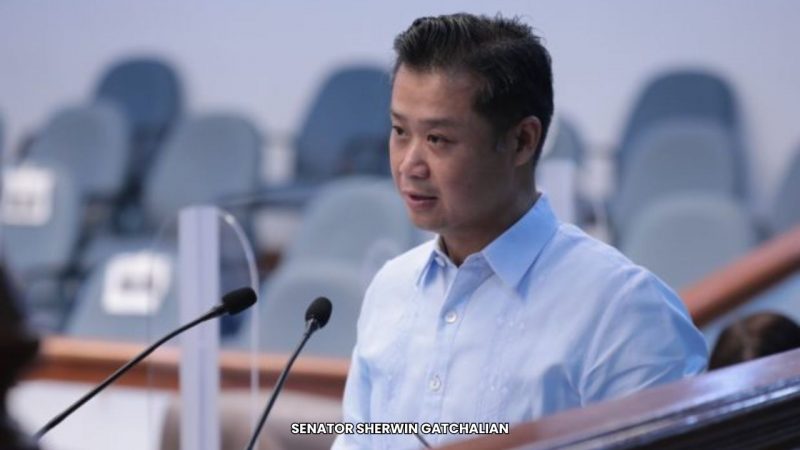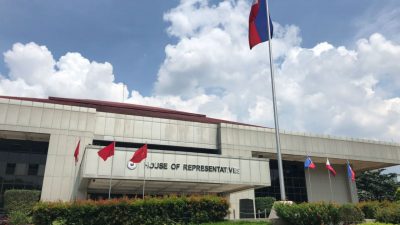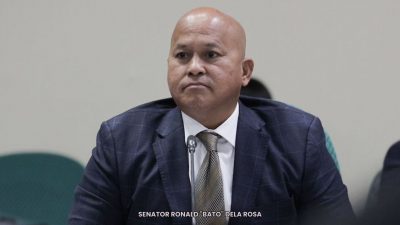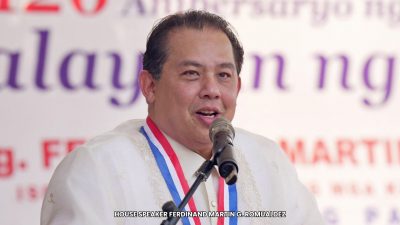MANILA – A recent Pulse Asia survey, commissioned by Senator Sherwin Gatchalian, reveals that nearly eight out of ten Filipinos favor banning cell phones in schools.
Conducted from June 17 to 24, the survey shows that 76 percent of 1,200 adult respondents nationwide support a cell phone ban in schools. In contrast, 13 percent disagree, and 11 percent remain undecided.
Support for the ban spans all socioeconomic classes, with the strongest backing from Class ABC at 80 percent, followed by 76 percent from Class D, and 71 percent from Class E.
Regional support is also significant, with 80 percent of respondents in the National Capital Region, 79 percent in Balance Luzon, 61 percent in the Visayas, and 81 percent in Mindanao favoring the proposal.
In a news release on Tuesday (06 Aug 2024), Gatchalian emphasized that the survey results reflect a widespread belief in the benefits of banning cell phones in schools, particularly in reducing distractions that negatively impact student performance.
“Our countrymen clearly support our proposal to ban the use of cellphones in schools, especially because their use during class can harm their studies,” Gatchalian stated.
An analysis by the Senate Committee on Basic Education of the 2022 Program for International Student Assessment indicates that eight out of ten Filipino students aged 15 reported being distracted in class by their smartphones, with another eight out of ten distracted by other students’ smartphone use.
“This is why we continue to push for the bill that will ban the use of cell phones during class,” Gatchalian added.
Gatchalian recently introduced Senate Bill 2706, also known as the Electronic Gadget-Free Schools Act. The bill aims to prohibit the use of mobile devices and electronic gadgets by learners from kindergarten to senior high school within school premises during school hours.
The bill instructs the Department of Education to establish guidelines for the prohibition, which applies to learners in both public and private institutions, as well as to teachers.
However, the bill allows certain exceptions: for classroom presentations or learning activities, health-related needs, emergencies, perceived threats, and field trips or activities outside school premises.
All public and private basic education institutions, as well as students who fail to comply, will face appropriate sanctions.
ia/mnm







